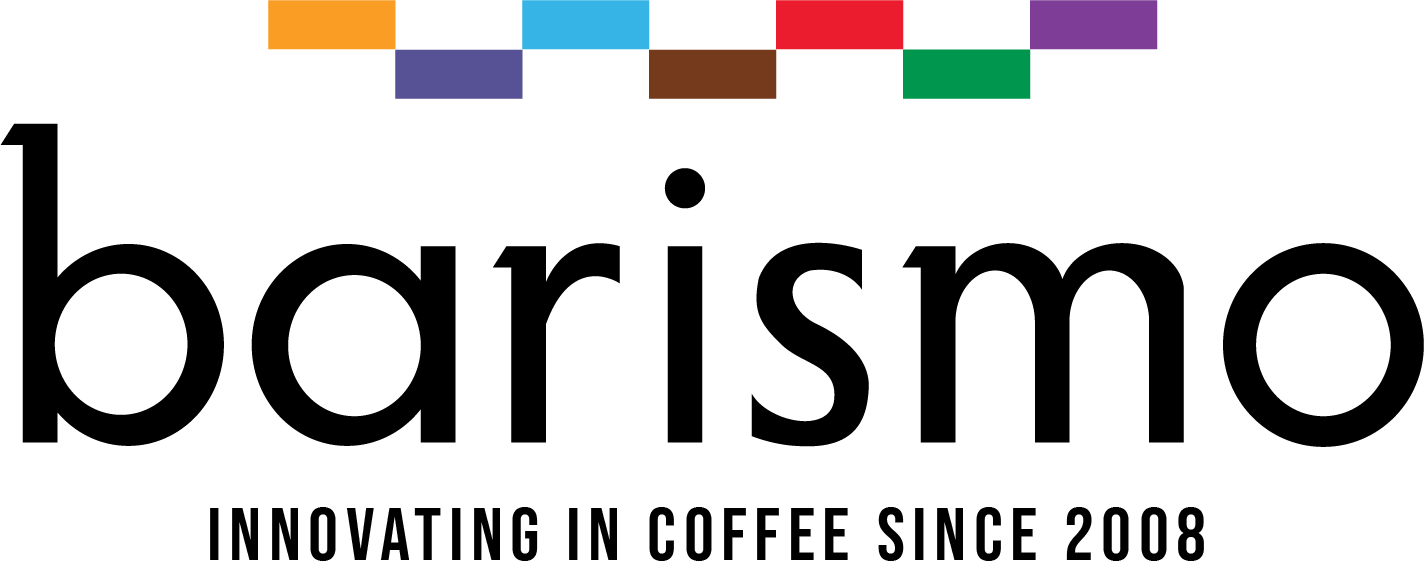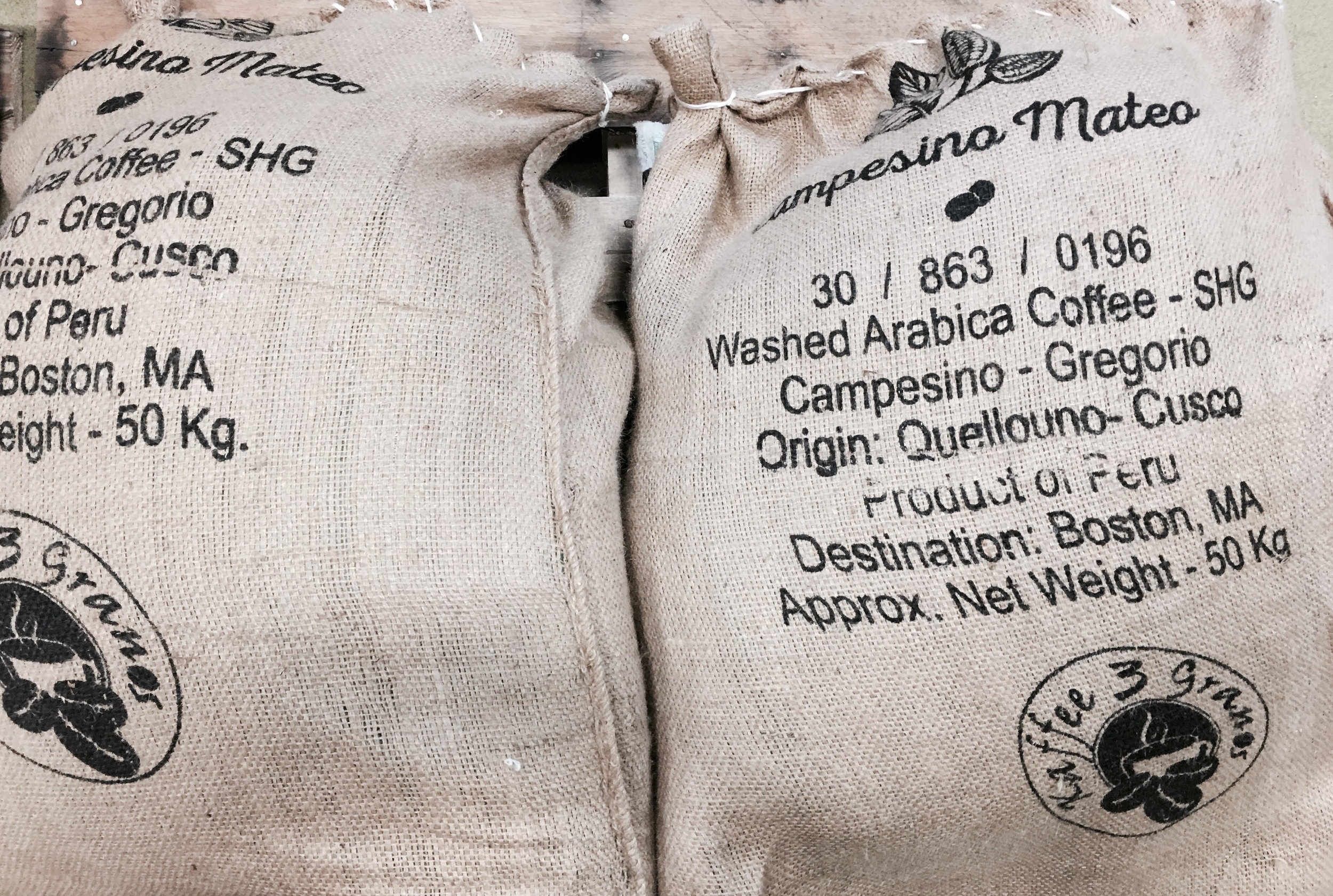Gregorio Quispe Mamani
violet, lilac, milk chocolate, orange marmalade, round body
This coffee is no longer available.
| Producer | Gregorio Quispe Mamani |
| Farm | Finca Palmerayoc |
| Region | La Convención, Cusco |
| Elevation | 1800 - 1900 meters |
| Process | Hand Pulped, Washed & Dried on Raised Beds |
| Variety | Typica, Yellow Caturra, Mundo Novo |
| Harvest | June 2016 - August 2016 |
| Storage | GrainPro™ |
| Relationship | Importer Contract |
Gregorio Quispe Mamani's farm is in an extremely dense, vegetated, rainy zone of Cusco (Southern Peru), a few kilometers from an active volcano. He grew up working on farms around Peru, and now lives a half hour away in Estrella with his family; during the coffee harvest, June - August, he has a small shack on the farm itself. His harvest is already small -- each year roughly ten bags -- and the lot we purchased is a selection of which there was just over three bags worth.
This micro-lot is very special for a number of reasons. Gregorio prepared this micro-lot specifically for the local, regional, and national coffee awards. He won over 10,000 Peruvian soles (approximately $3,000) worth of awards from his labor this year. Gregorio and his family realized an extremely selective harvest, only picking the ripest dark cherry colored fruit, leaving the “pinton” and lighter red fruits on the plants to further ripen. After a long day of harvesting, Gregorio and his family began peeling each and every coffee cherry by hand at around 6:00 PM. They would finish at around 3:00 or 4:00 in the morning!
This arduous processing method is unheard of elsewhere and ensures that the delicate embryo of the coffee bean remains undamaged. Other processing techniques may result in damage to the seed from the use of the metal milling machines. Gregorioʼs unique milling method also ensures no cherry skins enter the fermentation tank, guaranteeing an extremely clean fermentation. This coffee scored higher than the rest of the lots Gregorio prepared using a small handcrank wet mill. Gregorio learned about this laborious post-harvest processing method while visiting the farm of a famous producer, Wilson Sucaticona, in the region of Puno.
We were introduced to this lot by Matthew Block of Campesino Mateo; Matthew has been working with agricultural producers in Cusco to identify quality lots of coffee and connect producers with purchasers in the United States. Traditionally, coffees from very remote regions like Cusco are never cupped until they arrive in Lima, and producers often never receive feedback or premiums for their lots. Campesino Mateo closes that loop by keeping processing and cupping local, and provides technical and logistical to give producers acccess to quality based premiums.

